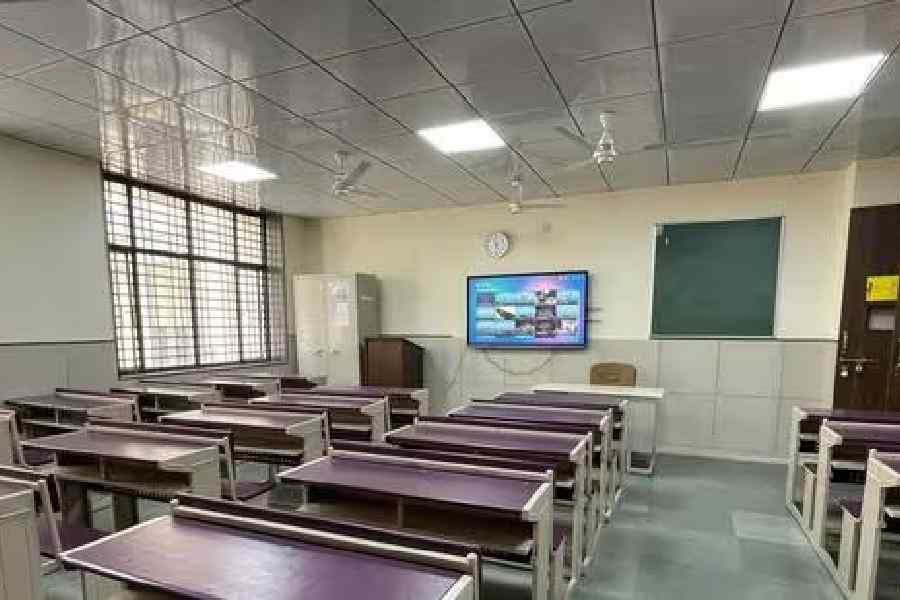Is Indian medical education eroding clinical empathy? A large body of evidence points to the importance of appreciating that the body is more than a mere assemblage of blood, bones, and muscles, and the mind more profound than just around 100 billion neurons at work. It also suggests that no matter how tempted we feel to separate the emotional being from the biological one, they are inextricably connected and affect each other.
The important point is not so much that medical education is eroding clinical empathy. It is that medical education is not providing fertile ground for empathic behaviour to fructify. Multiple studies suggest that empathy declines during the initial, pre-clinical years of medical schooling, the time when students come to terms with the biological reality of their lives and those of others. This is why early clinical exposure during medical schooling has been widely advocated. However, today, clinical exposure till the final year of MBBS is perfunctory. Even with the limited time spent in clinics - and I'm talking about the archetypal medical college in India, not the elite ones - only a fraction is spent actually communicating with patients, learning their histories, examining them and trying to join the dots between the book and the being.
Then there is the inordinate emphasis on theoretical learning. This tramples on practical learning. Interest in the latter shrivels up, conceptual understanding goes out the window, and stress supplants passion. Unless we create a system that prizes conceptual and bedside learning, talk about inculcating empathy will be nugatory.
Perhaps the most poignant theme involves the internship year of MBBS. This remains a wasted opportunity - by and large, it fails to manufacture a reasonably competent and confident physician, let alone inculcate such refined traits as empathy. Not only is supervision perfunctory during this period, but the sandwiching of this year between the final MBBS examinations and the post-graduate entrance exams renders it a mere stepping stone to post-graduation. It becomes a time when preparing for post graduation gains primacy over learning patient care.
We talk about empathy as essential for a healthy doctor-patient relationship. How reasonable is it to subject a resident to outrageous 48-hour shifts, 80 patients a day in the out-patient department, hunger and sleepless nights, and then reprimand them for not being empathetic enough? Just as the ability to recognize and respond to an individual's feelings and situation constitutes empathy, the ability to relate and respond to the country's situation and needs is what I call 'macro-empathy'. A culture of putting hospital care over primary care has ensured that medical education remains largely misaligned with the real health needs of the country. To quote a line from an article I recently wrote: "[W]hile medical education was supposed to foster the conviction that the real indicators of development are an improvement in things as fundamental as nutrition and sanitation, it has... instill[ed] a strong adoration for sophisticated tertiary care systems of relevance to only an affluent few."
What more do we need to to include communication skills education in the medical curriculum than the incidents of violence against medical professionals? Communication skills are essential in medical education in the United Kingdom. Students are trained to break bad news, deal with irate relatives, obtain informed consent and so on. An empathetic doctor-patient relationship has been shown to benefit patients: they disclose more complete histories, comply better with treatment regimens, and see significantly better outcomes. It also benefits physicians: they make better clinical decisions, trust their patients and experience greater professional satisfaction.
An empathetic response to the plight of others can scarcely be cultivated through education. But reviving a doctor's ability to empathize and, more important, teaching him to communicate empathy effectively to patients can do a lot to ameliorate the ruffled doctor-patient relationship we see today.










